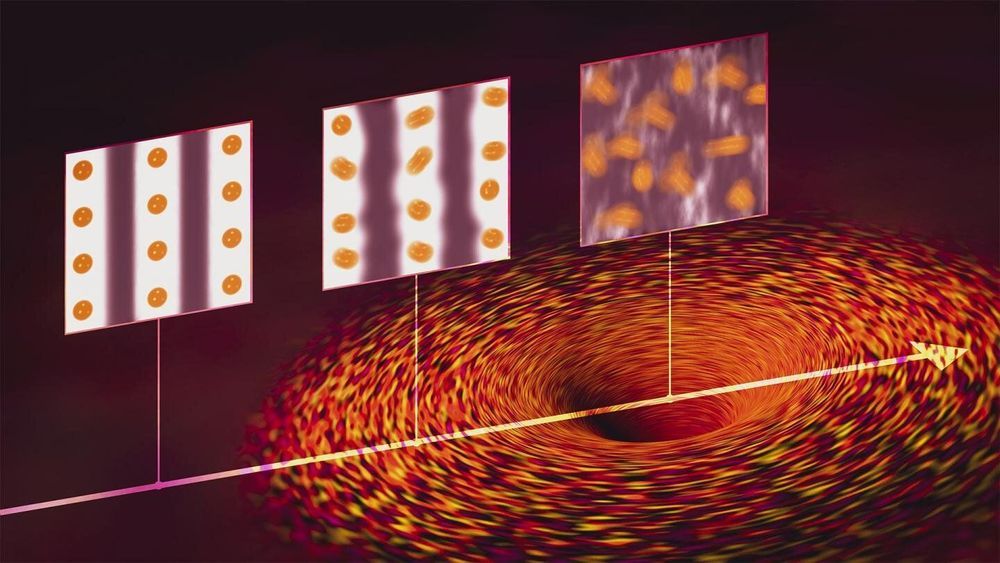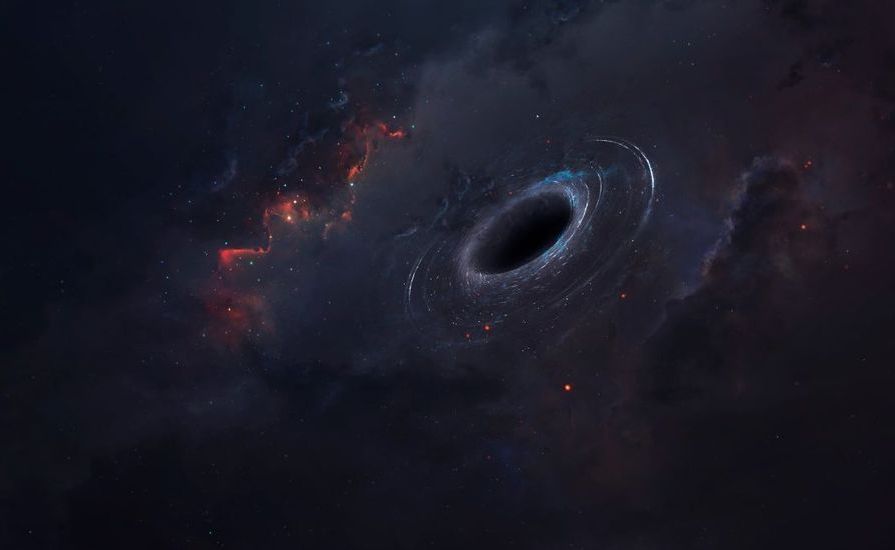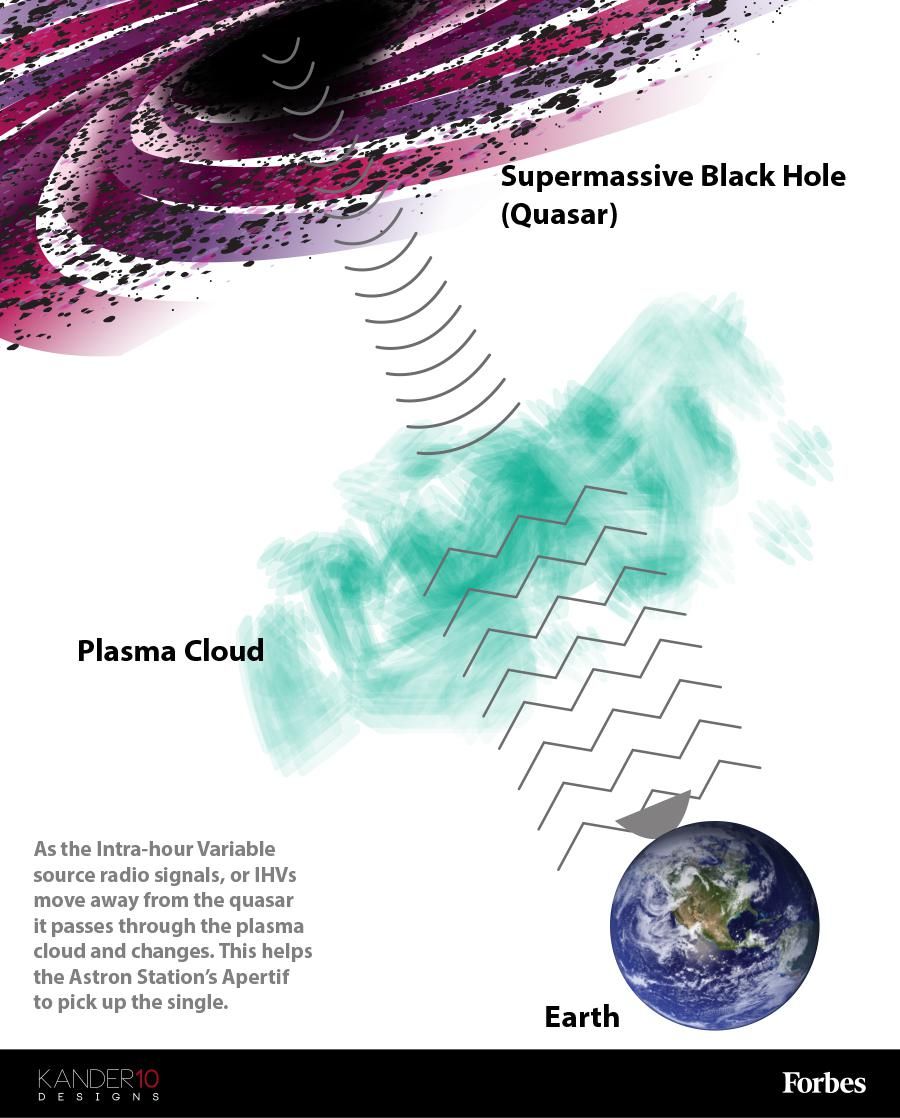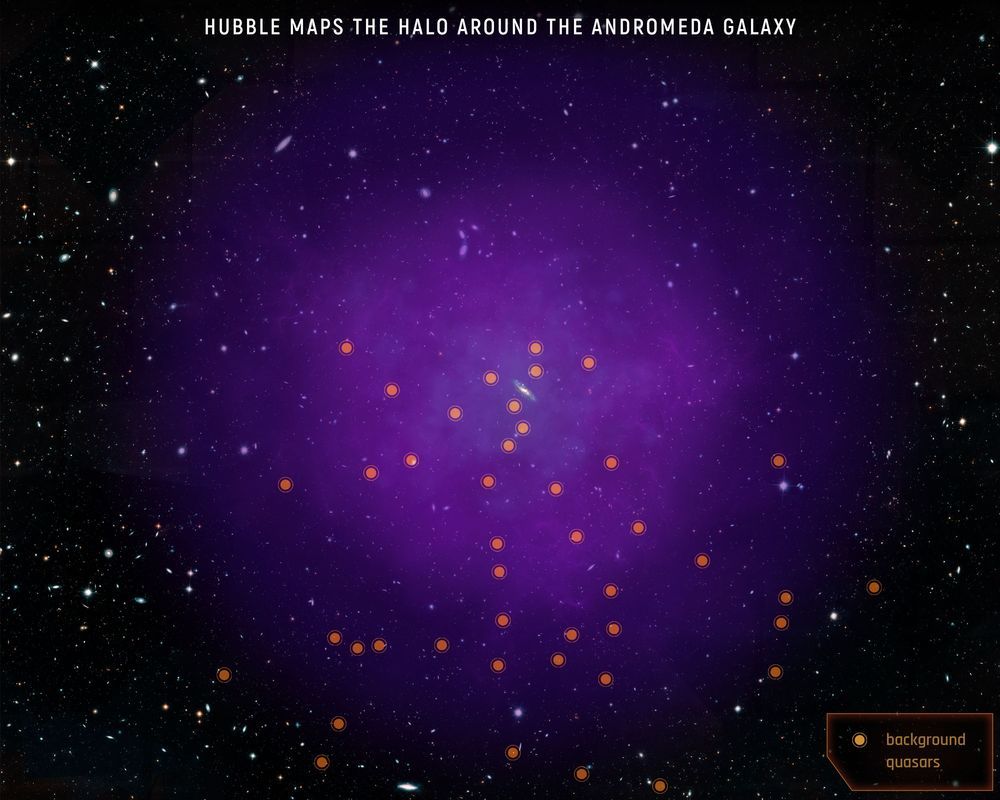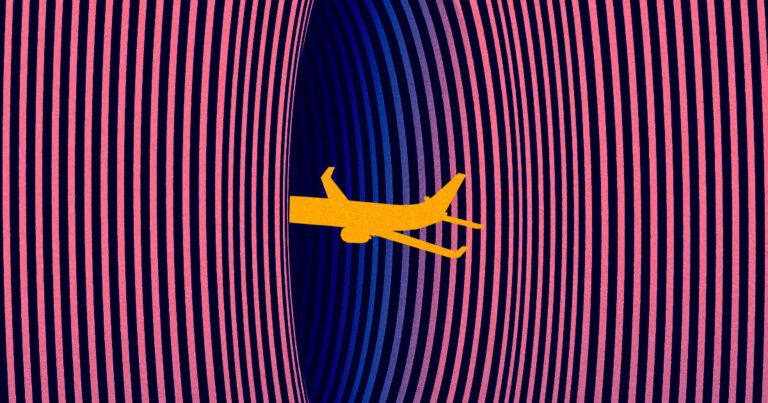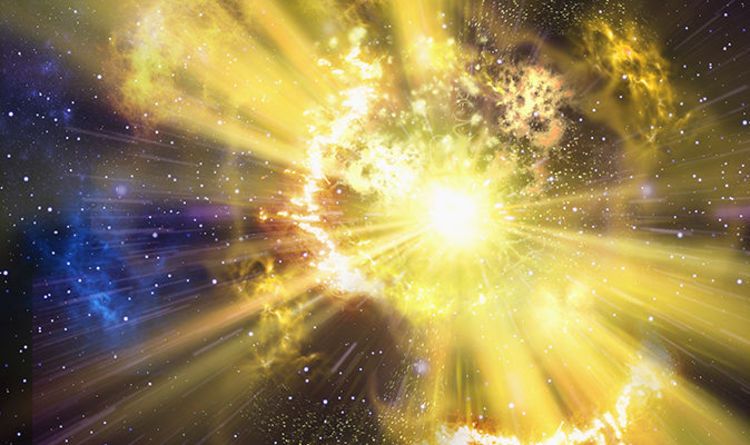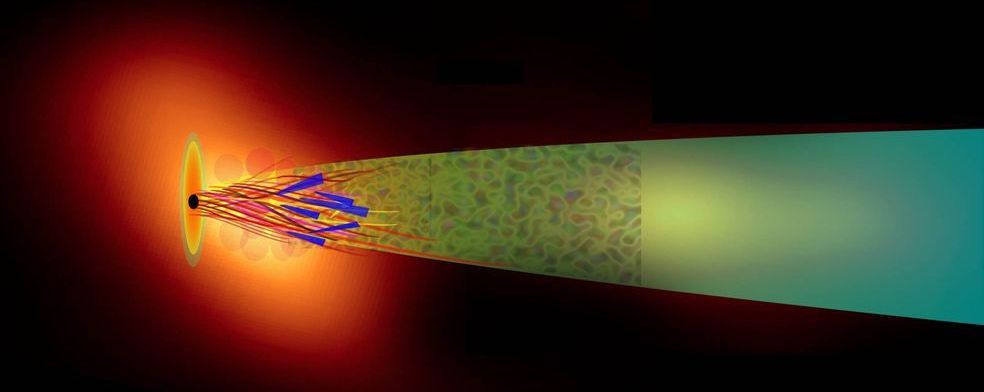Among all the curious states of matter that can coexist in a quantum material, jostling for preeminence as temperature, electron density and other factors change, some scientists think a particularly weird juxtaposition exists at a single intersection of factors, called the quantum critical point or QCP.
“Quantum critical points are a very hot issue and interesting for many problems,” says Wei-Sheng Lee, a staff scientist at the Department of Energy’s SLAC National Accelerator Laboratory and investigator with the Stanford Institute for Materials and Energy Sciences (SIMES). “Some suggest that they’re even analogous to black holes in the sense that they are singularities—point-like intersections between different states of matter in a quantum material—where you can get all sorts of very strange electron behavior as you approach them.”
Lee and his collaborators reported in Nature Physics today that they have found strong evidence that QCPs and their associated fluctuations exist. They used a technique called resonant inelastic X-ray scattering (RIXS) to probe the electronic behavior of a copper oxide material, or cuprate, that conducts electricity with perfect efficiency at relatively high temperatures.
